
No economy crashes overnight. There’s usually a build-up—a mix of bad bets and deep-rooted problems. One decision leads to another, until recovery feels out of reach. The stories behind these collapses may differ, but the mistakes are often the same. These 10 mistakes are the traps countries fall into, again and again.
Overdependence On One Export
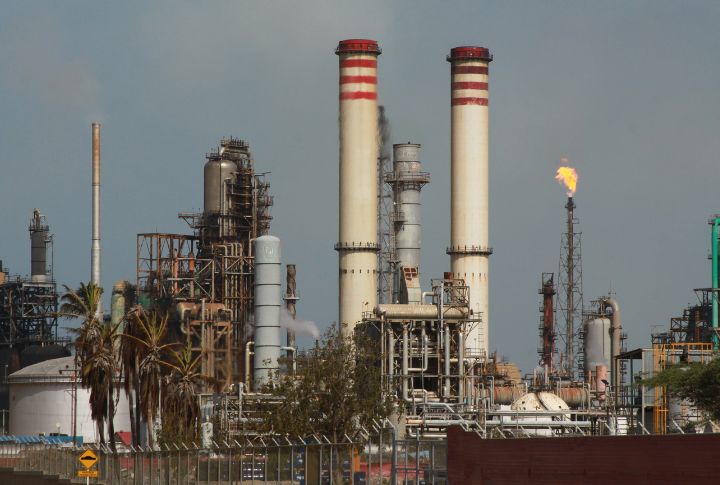
As per the U.S. Energy Information Administration (EIA), Venezuela relied on oil for nearly 95% of its export revenue by the mid-2010s. When prices crashed in 2014, everything else started to slip. Nigeria and Zambia faced similar setbacks. Today, UNCTAD reports that 45 developing countries still cling to risky, single-resource dependence.
Corruption That Drains The System
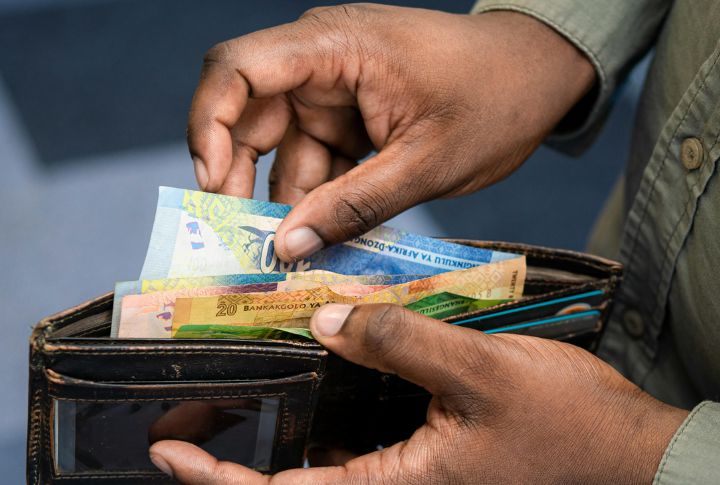
Corruption may begin in silence, but it slowly breaks a nation’s backbone. Somalia and South Sudan consistently rank among the most corrupt. In Nigeria, Frontline World reported that up to $400 billion disappeared from oil funds. Eventually, foreign investors leave, and the growth of the nation collapses.
Debt That Spirals Out Of Control
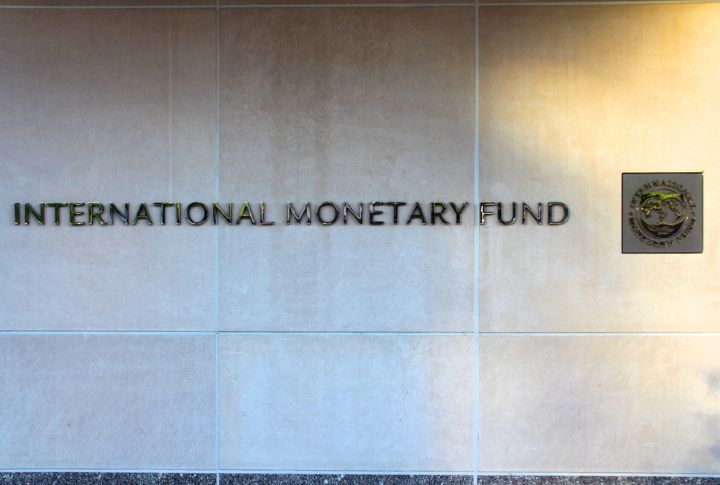
The IMF warns that 36 nations face collapse from unsustainable debt and shrinking public budgets. It all seems manageable at first, but over time, interest piles up and repayment becomes painful. Argentina defaulted nine times, and Greece’s crisis, famously chronicled by Protothema, peaked with debt at 177% of GDP.
Unchecked Inflation
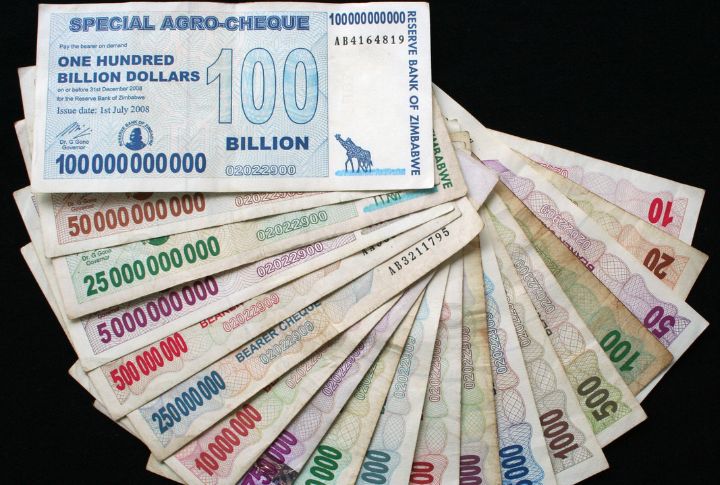
When inflation takes hold, savings vanish, and people lose faith in the economy. In 2008, Zimbabwe hit 89.7 sextillion percent inflation. Hungary once saw prices double every 15.3 hours. Both cases are well-documented, showing how runaway inflation shatters economies when central banks lose control.
No Legal System You Can Rely On
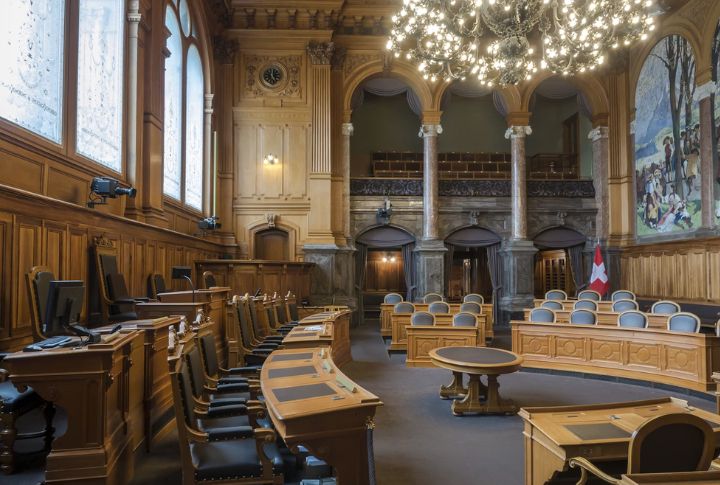
Legal uncertainty sends strong signals to investors. In places like Afghanistan and Venezuela, where courts often lack credibility, informal systems fill the void. Contracts lose meaning, and businesses hesitate to stay. As trust fades, economic activity dries up, and property rights become little more than suggestions on paper.
Ignoring Demographic Shifts
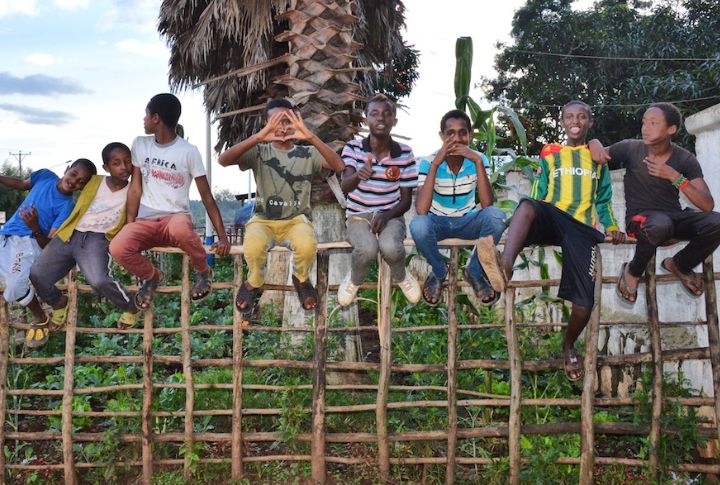
The World Bank connects major demographic shifts to rising unemployment and more profound inequality. In Japan, a shrinking workforce has strained pensions since 1995—a crisis closely examined by researchers. Meanwhile, Sub-Saharan Africa’s youth face limited job prospects, while Syria’s displacement crisis has drained labor and long-term economic potential.
Overcontrolled Economies
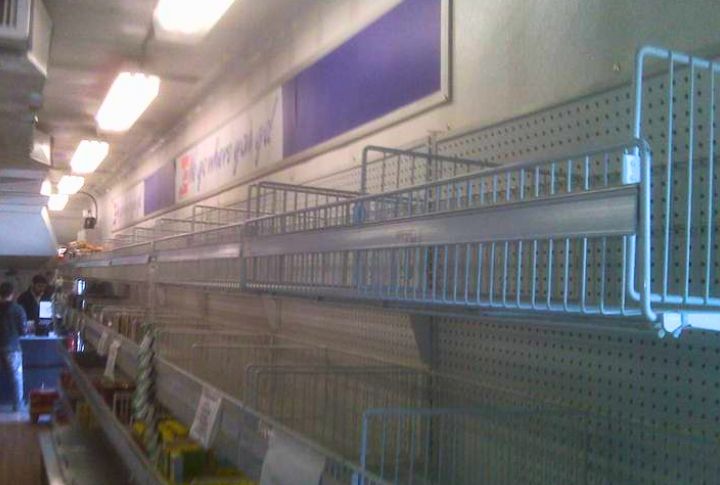
North Korea blocks private enterprise, which makes growth a distant dream. Over in Cuba, price controls encouraged underground markets to thrive. The USSR’s rigid plans cleared store shelves entirely. Without innovation or competition, such countries struggle to function and force citizens into daily workarounds just to meet basic needs.
Neglecting Human Capital

A country can’t grow if its people are left behind. In Yemen, where only 54.1% of adults can read, the OPEC Fund highlights education as key to tackling poverty. In Haiti, Le Nouvelliste reports that just 1.1% of GDP is pledged to education, way below the needs of sustainable progress.
A Currency People Abandon

In Lebanon, the lira lost over 90% of its value between 2019 and 2023. It was a collapse that led many people to price daily goods in U.S. dollars. This shift toward dollarization signals deep distrust in local banks and further fuels inflation by making imports painfully costly.
Political Instability
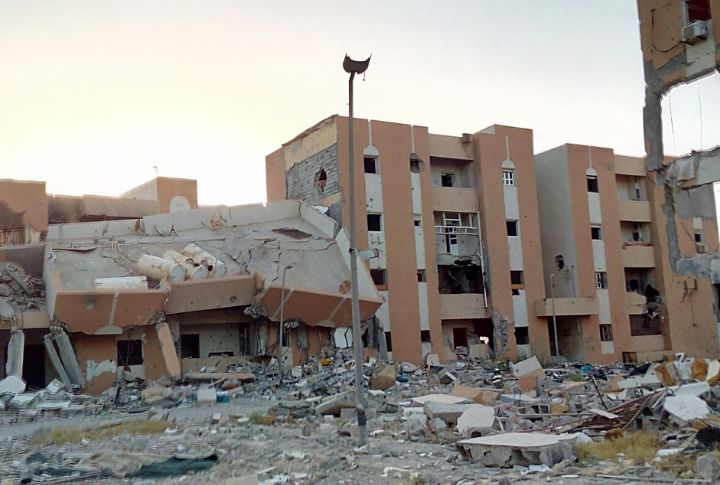
According to the IMF, political instability is one of the most significant barriers to recovery. Libya’s civil war wrecked oil exports and infrastructure. Coups in West Africa continue to rattle fragile economies. Similarly, there are many more countries that struggle to stay afloat due to political unrest.
